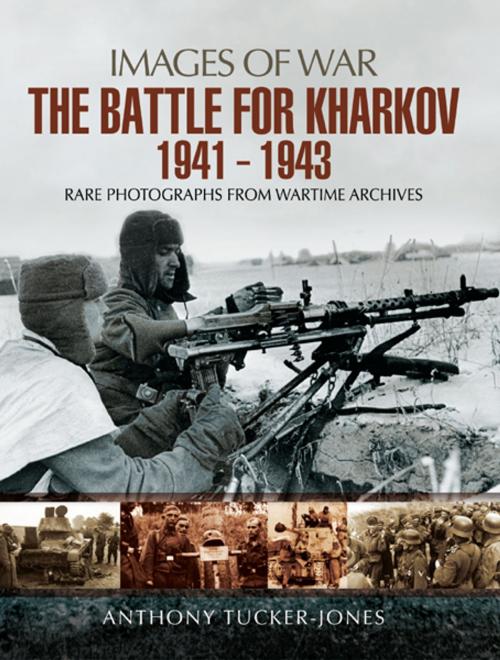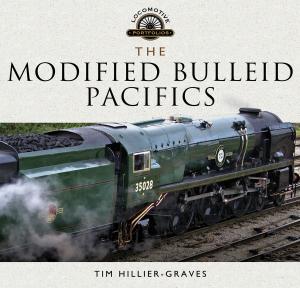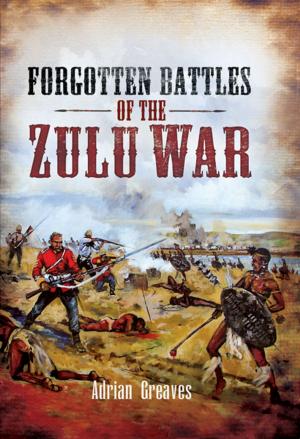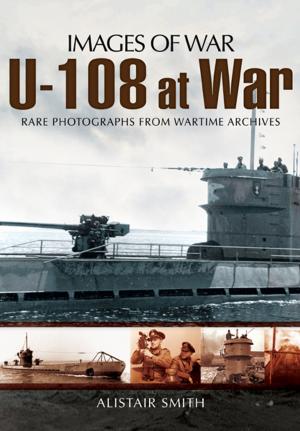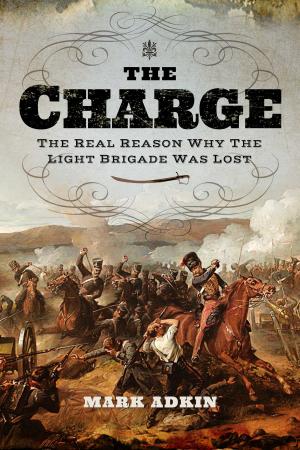The Battle for Kharkov 1941 - 1943
Rare Photographs from Wartime Archives
Nonfiction, History, Military, Pictorial, Other, World War II| Author: | Anthony Tucker-Jones | ISBN: | 9781473874442 |
| Publisher: | Pen and Sword | Publication: | June 30, 2016 |
| Imprint: | Pen and Sword Military | Language: | English |
| Author: | Anthony Tucker-Jones |
| ISBN: | 9781473874442 |
| Publisher: | Pen and Sword |
| Publication: | June 30, 2016 |
| Imprint: | Pen and Sword Military |
| Language: | English |
The four battles fought for Kharkov during the Second World War are often overshadowed by the battles for Moscow, Leningrad and Stalingrad, yet they were critical stages in the struggle between the Wehrmacht and the Red Army for control of the southern Soviet Union.
Anthony Tucker-Jones, in this volume in the Images of War series, offers a visual record of the dramatic and bloody conflict that took place there, showing every grim aspect of the fighting. Kharkov became one of the most bitterly contested cities during the war on the Eastern Front, and this book presents a graphic overview of the atrocious conditions the soldiers on both sides had to endure.
In 1941 Kharkov fell to Hitler’s Army Group South. In 1942 the Soviets tried and failed to retake it, losing 240,000 men in the Barvenkovo Bulge. Then, in 1943, the control of the battered city changed hands twice before the Soviets liberated it for good. The fate of Kharkov during the war reflects the history of the wider struggle between Hitler’s Germany and Stalin’s Soviet Union.
The four battles fought for Kharkov during the Second World War are often overshadowed by the battles for Moscow, Leningrad and Stalingrad, yet they were critical stages in the struggle between the Wehrmacht and the Red Army for control of the southern Soviet Union.
Anthony Tucker-Jones, in this volume in the Images of War series, offers a visual record of the dramatic and bloody conflict that took place there, showing every grim aspect of the fighting. Kharkov became one of the most bitterly contested cities during the war on the Eastern Front, and this book presents a graphic overview of the atrocious conditions the soldiers on both sides had to endure.
In 1941 Kharkov fell to Hitler’s Army Group South. In 1942 the Soviets tried and failed to retake it, losing 240,000 men in the Barvenkovo Bulge. Then, in 1943, the control of the battered city changed hands twice before the Soviets liberated it for good. The fate of Kharkov during the war reflects the history of the wider struggle between Hitler’s Germany and Stalin’s Soviet Union.
